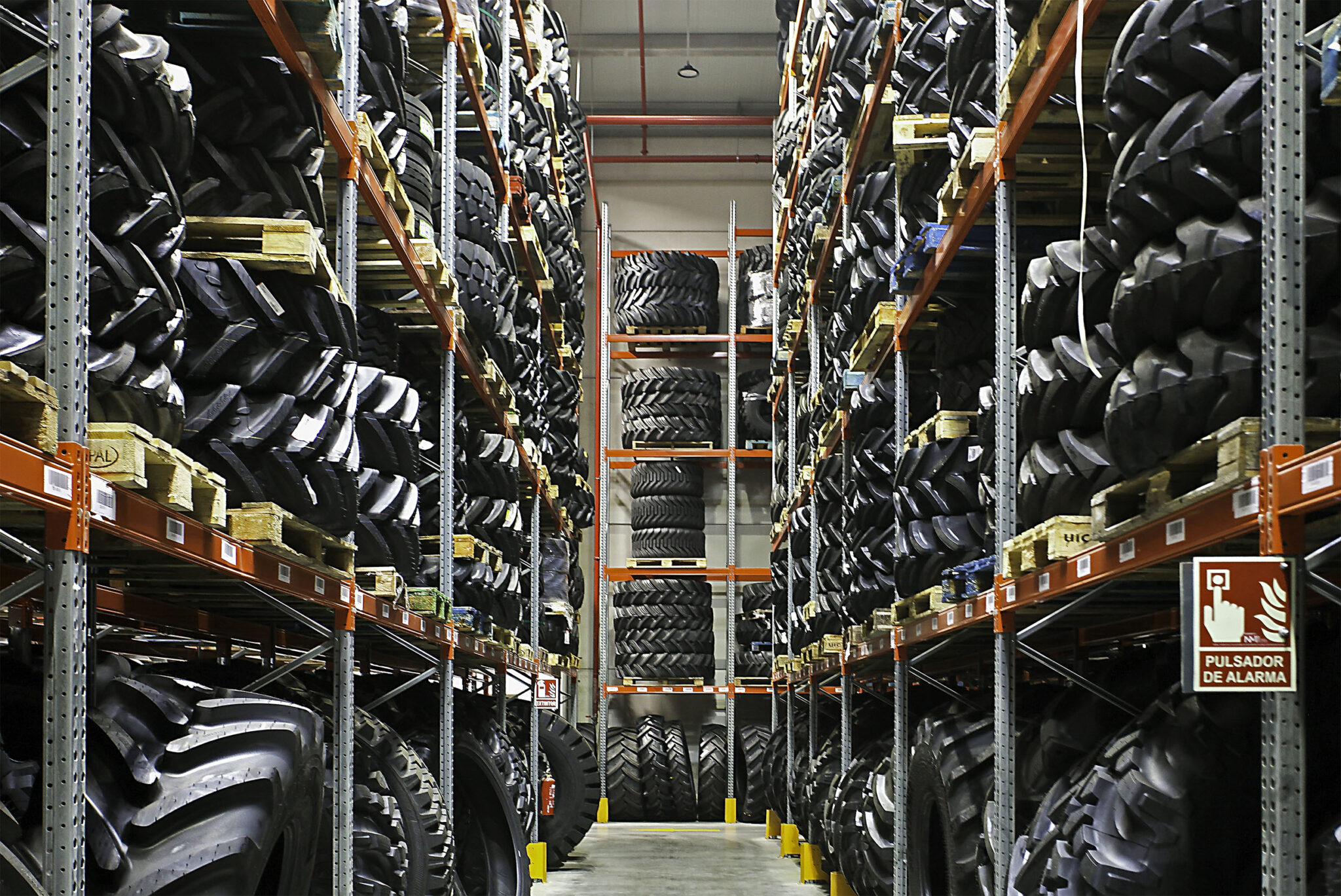Arvato Supply Chain Solutions has switched the energy supply of five more distribution centres in the USA to green electricity from wind and solar energy, aiming to be carbon neutral. Following the warehouse in Pleasant Prairie, Wisconsin, four distribution centres located in Louisville, Kentucky, and one in Valencia, California, now also obtain electricity from renewable sources. This will reduce annual greenhouse gas emissions by an average of around 3,100 metric tons of CO2. This is a further step in the sustainability strategy of the supply chain and e-commerce service provider, which, together with its parent company Bertelsmann, aims to be carbon neutral by 2030.
“To enable us to achieve this ambitious goal, all Arvato sites worldwide will be converted to green electricity,” says Mitat Aydindag, President of Arvato North America, explaining the strategy. “It underscores our company’s commitment to environmental protection and the responsible use of natural resources. It’s important to us that our success is measured not only by economic figures, but also by the measures we’ve implemented to build a more sustainable organization.”
In general, however, the supply of “true” green power, i.e. power from renewable sources such as solar and wind, is still very limited in the U.S., and making the switch is sometimes very difficult, depending on the region. That’s why Arvato Supply Chain Solutions in Louisville, Kentucky, is working with two local electric utilities, LG&E and East Kentucky Power Cooperative. Both companies offer a green power program that buys “green” energy to offset the electricity consumed on-site. “Because our distribution centres in Louisville are among the first in the U.S., we are especially proud that these sites are now purchasing green electricity to support the expansion of renewable energy in the region,” says Rachael Miller, Site Director for Arvato’s Louisville campus.
The Valencia, California, site, on the other hand, relies on the Clean Power Alliance. Clean Power Alliance is the locally operated not-for-profit electricity provider for 30 cities across Los Angeles County and Ventura County, as well as the unincorporated areas of both counties. Here, the traditional utility provides transmission and distribution of the electricity, while a third party purchases the green power on behalf of program participants. In 2020, 70 percent of the electricity provided came from solar power and 30 percent from wind power. “It’s very encouraging when businesses make the leadership decision to select 100 percent renewable energy as their preferred power option,” said Matthew Langer, Chief Operating Officer at Clean Power Alliance. “When companies like Arvato choose to use renewable energy in their operations, it can help spur demand for more renewables in the market and contribute to the renewable energy transition.”
This view is shared by Stephan Hackert, Vice President and Industry Lead Healthcare U.S. at Arvato: “All of our employees in the U.S. are very proud of this commitment – after all, we are successively sourcing more and more of our country-wide electricity needs from clean, renewable sources.” These kilowatt hours make an important contribution to the targeted climate neutrality. “Having already made a decisive contribution to achieving our climate protection targets with these measures, we will now look at the remaining emissions and consider which measures we can use to compensate for them,” adds Aydindag.
At the beginning of the year, Arvato’s newest location in Las Vegas was officially opened. Following the ambitious decision to become climate-neutral by 2030, Arvato placed a high value on sustainability while designing the warehouse. The logistics centre, for example, was designed with a reflecting roof that absorbs only a small amount of direct sunlight. It effectively prevents the building from overheating, lowering energy usage for air conditioning. The highly efficient LED lighting with connected occupancy sensors deployed throughout the building also contributes to energy savings. Furthermore, the warehouse has around 250 skylights that allow plenty of daylight into the building, thereby reducing the power consumption.
“Sustainability is a continuous improvement effort,” highlights Aydindag. Arvato Supply Chain Solutions has a total of 87 warehouses on five continents with more than 27 million square feet of storage space. In the US, the warehouse network includes a total of 10 locations in Ontario (CA), Valencia (CA), Las Vegas (NV), Pleasant Prairie (WI), Louisville (KY) and Memphis (TN), where comprehensive logistics services are provided to numerous customers in the consumer tech and healthcare industries.











